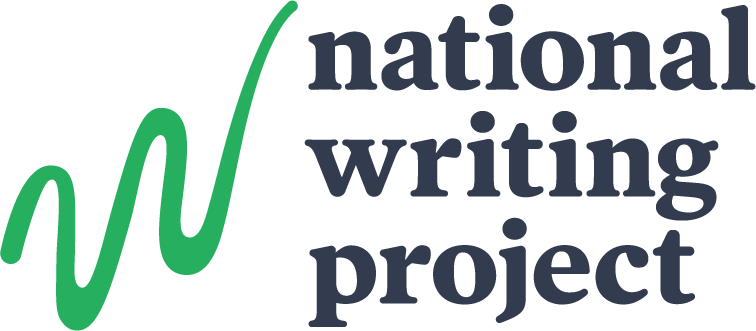Angelica Patterson, I Was A Kid
More about Angelica Patterson, PhD @ I Was A Kid






What’s the purpose of a science notebook? Plant ecophysiologist Angelica Patterson shared pages from the notebook she used to take measurements at field sites and keep a record of how she used her data in the lab. Angie’s work in Black Rock Forest involved oak trees and the pressures on them from climate change, deer, and other factors.
“We have deer, which have increased like crazy, probably in a lower range than it was in the 90s. They prefer oak. So deer browsing is a big thing and then you start getting climate induced pressures, like pests and pathogens coming in. So when I went to study this I was like gee, everything’s attacking this oak! Let’s start with the basics: can the oak even compete physiologically with all these other plants coming in? My thesis was organized to answer that question, to see if the oak had a level of resilience, and had that resilience contributed to their long-lived standing.”
Her notebooks are the place where she writes down everything about the sites and individual trees she studies. She takes branches back to the lab, and needs to note exactly where they came from before she begins to analyze them.
“These notebooks are my recording of the measurements that I took for my dissertation work. I actually measured gas exchange on the tree branches that I collected.”
Scientists stand on each other’s shoulders, in terms of their topics of research. Each answer one scientist finds leads to new questions from the next. In order to maintain standards of data gathering, they share methods of setting up science notebooks.
“I would say half of it is learned from the scientists that teach us. In the classroom, you learn to keep a notebook. Anyone who takes a chemistry course in college will have a notebook. You have to write detailed notes on what happens.
“The other half is seeing the style of the mentors that I worked under, seeing what kind of notes they took and how detailed they were, or maybe how not detailed they were. You eventually have your own style of taking notes, based on what matters more to you. That makes sense. Everyone’s notes are different. So when it comes to interpreting a notebook, sometimes there could be things like, what does that mean? And it might only mean something for the person who wrote it.”
Yes, individuals figure out how to meet their own needs, but they must take into account the broader needs of science — what the next researcher will need to know. Angie keeps every notebook, and uses Supernote, a digital notebook, to create files that can be searched and stored.
“I definitely have saved notebooks of work that hasn’t been published yet because there could be a day when it will be published and I will have to refer back to my notes. I know a lot of professors and researchers keep a bookshelf full of all their notebooks.”


